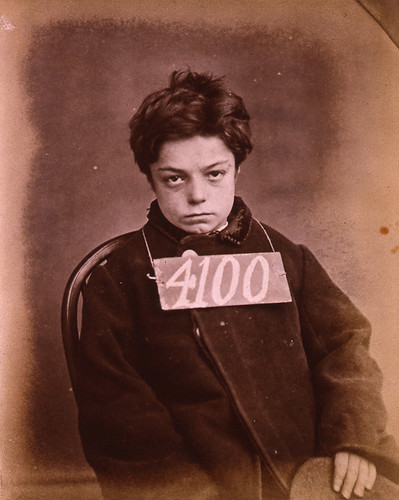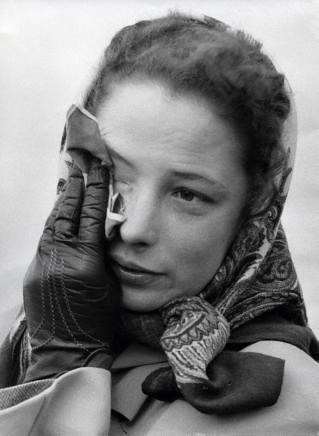I take my daughter to ballet and tap dance class on Saturday mornings - far away from any internet connection or ability to lose myself in a cafe. Last Saturday, the mother of one of Jocelyn's school friends, "Jan", asked if we cut Jocelyn's hair. We didn't, I assured her, and the last time it was cut was a disaster - because few people know how to cut curly hair correctly. I looked over at a now-veteran dancer to my left for validation.
The ten year old, "Brenda", (whom I remembered had said something similar in a previous conversation when a relative brought up Jocelyn's hair) agreed, adding her own traumatic experiences. We both noted that there was a salon across the street in this little desert that advertises their propensity for cutting the curly hairs. Brenda added that her mom was
going to take her... and then her voice sort of trailed off.
Being partially hearing impaired and used to voices trailing off to indistinguishable noise, I didn't think much of it. I tend to nod my head and agree - landing me in a lot more trouble than I ever need to be in, but in less trouble than continually saying, "Huh? What's that you say?" with large shells protruding out of my ears.
Brenda is one of several individuals and families that practically camps out at the dance studio between classes, so she's often there for the entire hour that Jocelyn has class. Along with a few other girls and a few parents, including Jan. This time, the girls were joking in the dressing/coat room. Being the only non-Hispanic, she comes out of the giggle-fest to ask the other moms in the room, both of whom are Latina, how to say "stupid"
en espanol. Both of the other parents wouldn't bite, telling her that it's really offensive and mean. She lingers, just long enough for me to look up from my typing and tell her, matter-of-factly, "
Bella."
She runs back to the closet and we three crack up. Almost literally rolling on the floor.
"'
Bella'? Really? That's a nice insult. If anybody gets really upset with me and tells me, 'You're
bella,' I'd say, 'Thanks, you think I'm
pretty?'"
After class, Joss and I ride the bus with her friend and Jan. The mom looks at me and asks if I know about the curly-haired girl, Brenda. I know who she's referring to, but not much else about her. And then she shocked me. Out of my pants. The girl's mother had just passed. Quickly, with little warning.
They buried her on Friday. Yesterday. And the very next day, Brenda goes to dance class as if nothing had happened to fundamentally shift her world.
I don't know how she grieved, or when, still. Heck, I don't understand how
I grieve. There are the stages, of course. But we all pass through them differently, in communion sometimes, but mostly alone. And I am not a part of this child's life: I can't mourn
with or
for her. So I wonder, for a brief millisecond, what I can do.
I can watch my daughter play on the bus.
I turn to her, and I try to burn images into my mind of my daughter enjoying herself with her friend as they watch the streets pass them by.
I can live in the moment and love deeply and madly and not have a single regret. That's what I can do as a parent.
That's what I can do as a human being.
That's what I do.









